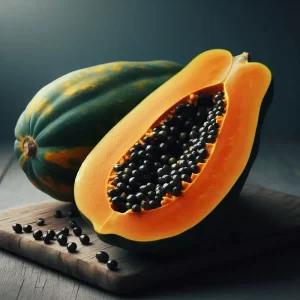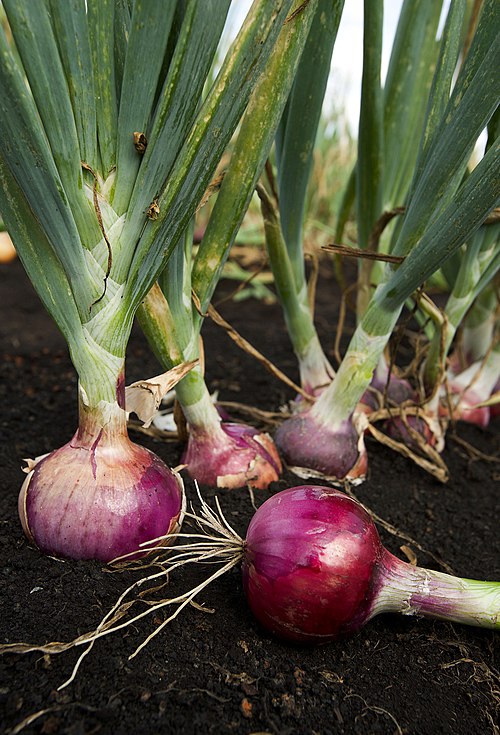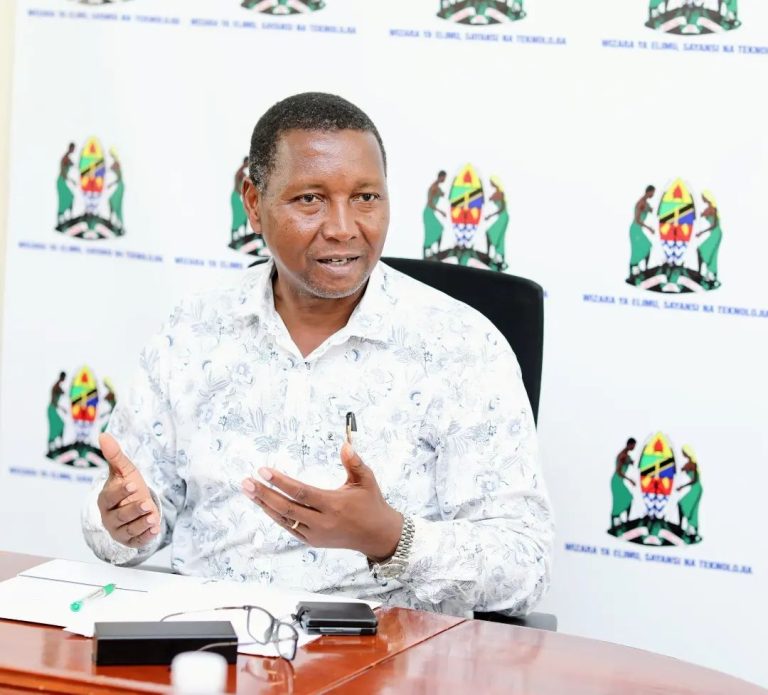By Semaweb Reporter
The forum which brought together biotechnology researchers from Tanzania, Belgium and Kenya focused on the role of biotechnology in crop improvement and global perspectives on its use in agriculture.
THE Morogoro- based Sokoine University of Agriculture (SUA) is contemplating engaging into a serious biotechnology research to better understand benefits and risks of the technology in Tanzania.
Biotechnology is a versatile field that involves using biological systems to create products and solve problems.
The development was unveiled over the weekend by Prof. Raphael Chibunda, SUA Deputy Vice Chancellor, during a panel discussion at the annual meeting of the Crop Science Association of Tanzania (CROSAT) in Dodoma Capital City.
The forum which brought together biotechnology researchers from Tanzania, Belgium and Kenya focused on the role of biotechnology in crop improvement and global perspectives on its use in agriculture.
“Being a chief institution in the Tanzania’s agricultural research, we have submitted a proposal to the government for our university to be one of the three centres of excellence for biotechnology research. This will allow us to thoroughly investigate the potential of the technology and provide the country with reliable insights,” he said.
The Don added that the slow adoption of biotechnology in Tanzania and other African countries has been largely due to misunderstandings of the technology and resistance from critics.
The opposition has led to the creation of ‘stringent’ laws and regulations that restrict local researchers from fully participating in biotechnology research and development, hindering the nation’s ability to address pressing challenges in agriculture.
“It is the plea of scientists that the time has come for African countries, including Tanzania, to reconsider how we can engage with biotechnology. We have seen how countries like the United States, China and India have embraced it. Even in Europe, where genetically engineered crops are not widely cultivated, they are major consumers, importing from countries that grow them,” he said.
He also stressed the importance of SUA leading research in the area, noting that it is essential for Tanzanian scientists to generate local evidence regarding the potential risks or benefits of biotechnology rather than relying on external studies or opinions.
Speaking earlier in the session, Prof. Marc Heidje from VIB International Plant Biotechnology Outreach (VIB-IPBO) presented findings highlighting the growing global demand for food due to population growth, land degradation, climate change and the need to increase food production.
He also addressed misconceptions surrounding genetically modified crops in Europe, added:
“There is misinformation suggesting that European countries do not grow or consume crops derived from genetic engineering. In Belgium, for instance, we grow genetically modified crops and many European countries import large quantities of such crops for both human and animal consumption.”

This year’s CROSAT meeting opened with a scientific conference themed ‘Tackling Climate Change with Crop Production Technologies’ and was followed by the association’s annual general meeting, bringing together stakeholders from across Tanzania and beyond.







